| |
Wednesday, November 14, 2018 |
| 13:00
Uhr |
Official Opening Address
Benedikt Göcke, Bochum
Astrid Rosenthal-von der Pütten, Aachen
Frank Meier-Hamidi, Münster |
| 13:15 Uhr |
Machine Learning, Deep Learning and All
That
Stefan Harmeling, Düsseldorf |
| 14:15 Uhr |
Does AI Need A Body?
Astrid Rosenthal-von der Pütten, Aachen |
| 15:15 Uhr |
Coffee
Break |
| 15:45 Uhr |
AI and The Challenge of Understanding
Andrew Pinsent, Oxford |
| 16:45 Uhr |
Robots for the Social Good
Selma Sabanovic, Bloomington |
| 18:00 Uhr |
Dinner |
| 19:00
Uhr |
Poster
Session and Get Together Reception |
|
|
|
|
| Thursday, November 15, 2018 |
| 8:30 Uhr |
Deus Malignus: The Digital
Rehabilitation of Deception
Walther Ch. Zimmerli, Zürich |
| 9.30 Uhr |
Robot Law
Susanne Beck, Hannover |
| 10:30 Uhr |
Coffee
Break |
| 10:45 Uhr |
Short
Talks: Philosophical and Theological Tracks |
| |
Managing The Endless Loop:
The Potential of Rule Utilitarianism For Autonomous Driving Ethics (Vanessa
Schäffner) |
Moral
obligations towards things? How sex robots challenge our justification for
norms of interaction (Florian Krause) |
Assessing the effects of
intelligent automation on well-being (Benjamin Huppert) |
| |
The Car’s Choice: Illusions
of agency in the self-driving car trolley problem (Rebecca Davnall) |
Could
machines replace human scientists? Digitalization and scientific discoveries
( Jan G. Michel) |
Conscious, Thinking, and
Intelligent Machines? Some Clarification in the Field of Artifical
Intelligence (Tobias Müller) |
| |
Gambling with Lives?
Interpersonal Aggregation in the Context of Autonomous Vehicles (Adriano
Mannino) |
Robots and
Dignity (Carmen Krämer) |
Why machines that talk
still don’t think and why they might nevertheless be able to solve moral
dilemmas (Lukas Brand) |
| 12:15 Uhr |
Lunch |
| 13:30 Uhr |
Social Cognition in
Human-Robot-Interaction
Agnieszka Wykowska, Genova |
| 14:30 Uhr |
Short
Talks: Empirical and Technical Tracks |
| |
Relational Dialectics in
Human-Robot Interaction (Autumn Edwards) |
Machine
Invention Systems: Automation of the Invention Process and its Societal
Implications (Dragos-Christian Vasilescu) |
|
| |
Blessed
through robot technology – how discursive design helps to democratize the
design of intelligent automation (Diana Löffler) |
When Robots have to think about every day words (Arne Maibaum) |
|
| |
How Transparency can Foster
Second Language Acquisition for (Some) Children (Laura Hoffmann) |
Attitudes
towards Collaborative Robots and its Dependence on Robotic-Related
Experiences (Sarah Müller-Abelrazeq) |
|
| 15:15 Uhr |
Coffee
Break |
| 15:45 Uhr |
Servitude, Freedom, Revolt. What Do the
Creation of Human Beings and the Creation of A.I. Imply?
Gabor Ambrus, Prague |
| 16:45 Uhr |
Intelligence By Design
Joanna Bryson, Bath |
| 18:00 Uhr |
Dinner |
| 19:00 Uhr |
Roboter - Unsere Gegner oder neue
Partner? Entwicklungsperspektiven der Robotik zwischen Forschung, Politik und
Wirtschaft
Michael Decker, Karlsruhe |
| 21:00 Uhr |
Get
Together |
|
|
|
|
| Friday, November 16, 2018 |
| 9:00 Uhr |
Short
Talks: Philosophical and Thelogical Tracks |
| |
Superintelligence and
Transhumanism (Benedikt Göcke) |
Artificial Intelligence and
the Design Arguments for God (Tufan Kiymaz) |
|
| |
Learning
from Failures: Procedural Generation as Mode of Production (Pablo Velasco) |
Blessed
through robot technology – the impact of intelligent automation for reframing
religious communication in digital times (Ilona Nord) |
|
| |
Artificial Intelligence of
the Human Mind (Daniel Neumann) |
Revisiting the
Dancing-Qualia Argument for Computationalism (Stefan Reining) |
|
| 10:30 Uhr |
Coffee
Break |
| 10:45 Uhr |
Agency and Domination - Looking at Black
Boxes that May Curtail Our Freedom
Eike Gräf, Berlin |
| 11:45 Uhr |
The Right(s) Question: Can and Should
Robots Have Rights?
David Gunkel, DeKalb |
| 13:00 Uhr |
Lunch and
Closing |
|
|
|
|
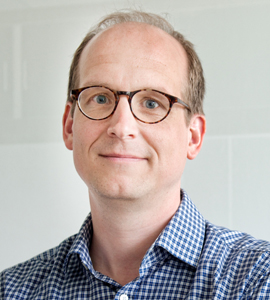

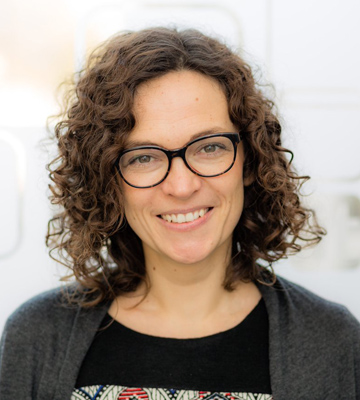
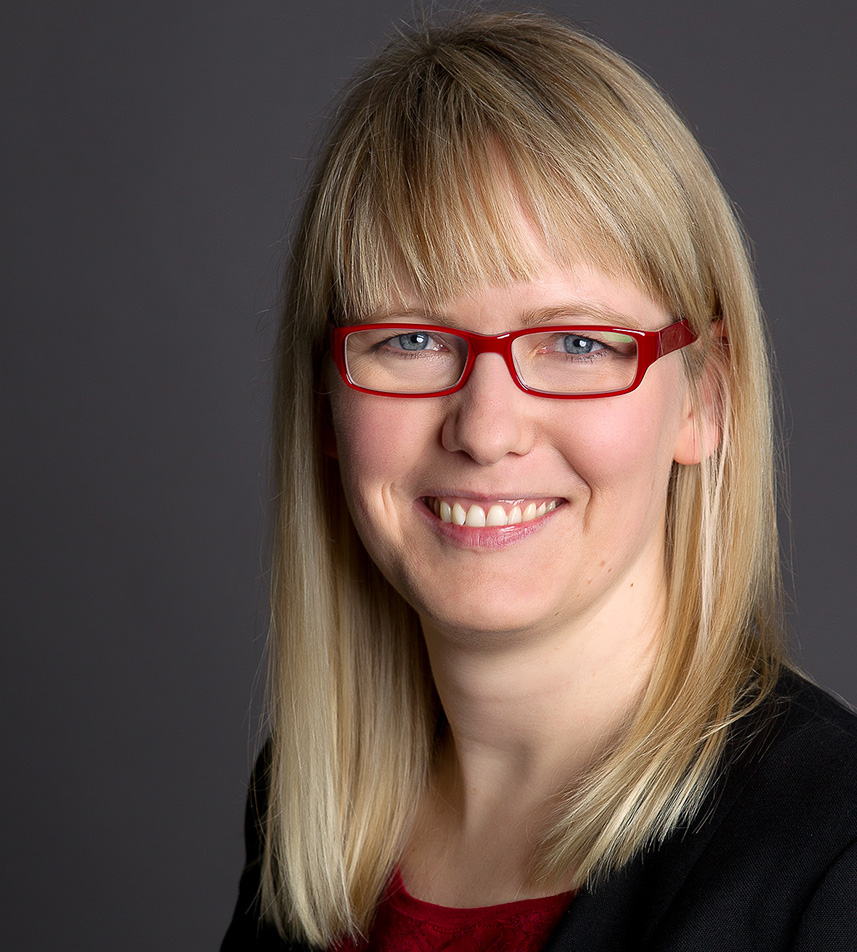
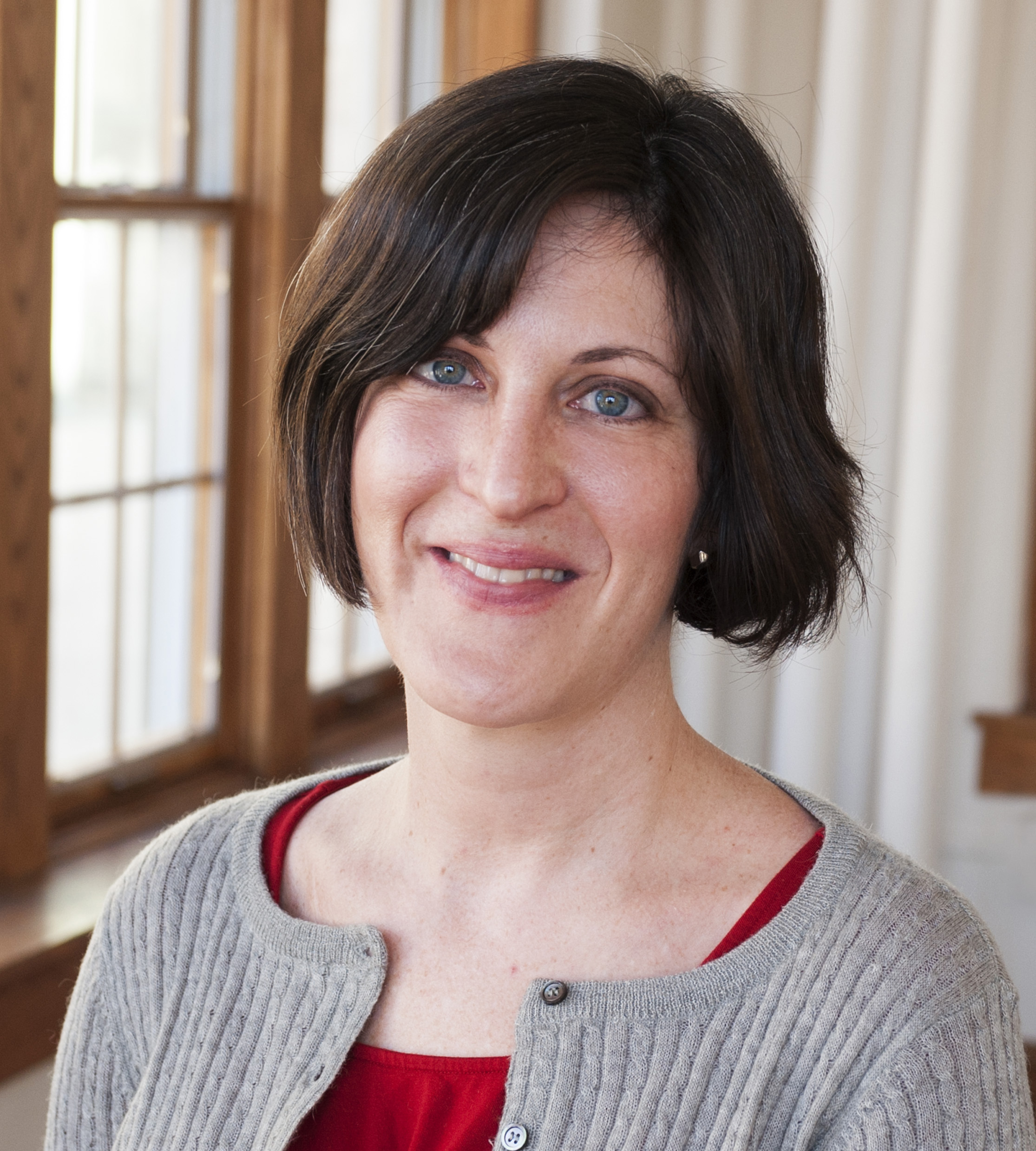
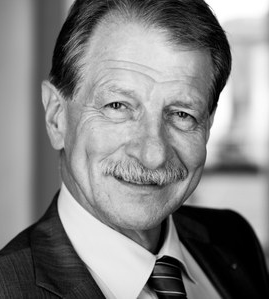
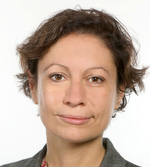
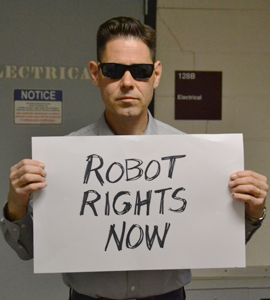

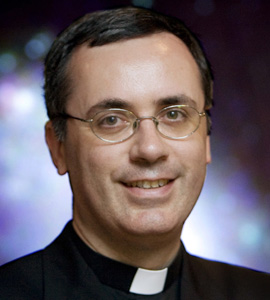
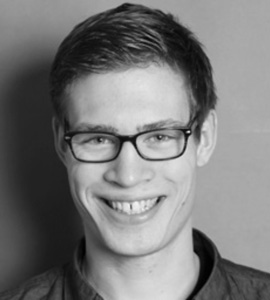
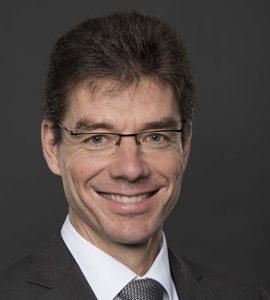



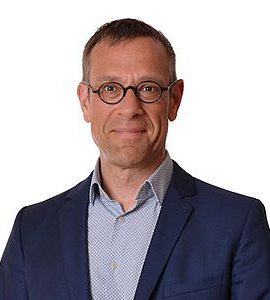

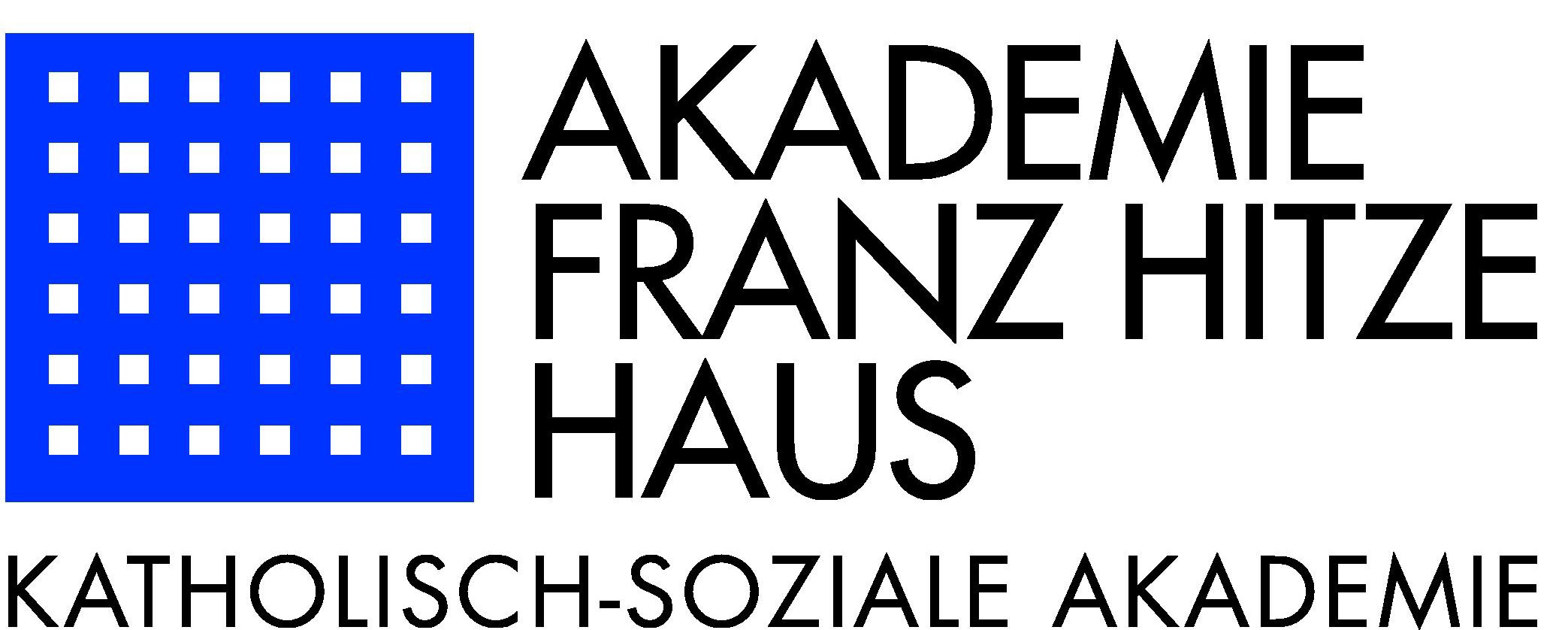

 Catholic Academy Franz Hitze Haus Münster/Germany
The Catholic Academy Franz Hitze Haus was founded in 1952. The responsible authority is the Bishop of Munster. According to its statutes, it has the task of clarifying and promoting relations between the Church and the world.
Its main tasks are the organization of scientific, interdisciplinary weekend conferences, all-day forums and study courses, as well as evening lectures and seminars. Main emphasis is placed on fundamental social, political, theological, scientific, media and art issues.
The target groups are mainly persons with an academic background, multipliers and the holders of important functions from all walks of life.
This applies in particular to the topics of faith, theology and the Church. In view of the divergent tendencies in society and theology, the Academy makes efforts to balance off the discussion by presenting different positions and introducing the religious point of view into discussions on important questions in everyday life and fundamental and new problems.
Another important focal point of the Academy’s catalogue of topics is made up by the areas of literature, theatre, film, art and the media, along with the natural sciences medicine. The art exhibitions held in the rooms of the Academy are particularly highly regarded by the general public.
Catholic Academy Franz Hitze Haus Münster/Germany
The Catholic Academy Franz Hitze Haus was founded in 1952. The responsible authority is the Bishop of Munster. According to its statutes, it has the task of clarifying and promoting relations between the Church and the world.
Its main tasks are the organization of scientific, interdisciplinary weekend conferences, all-day forums and study courses, as well as evening lectures and seminars. Main emphasis is placed on fundamental social, political, theological, scientific, media and art issues.
The target groups are mainly persons with an academic background, multipliers and the holders of important functions from all walks of life.
This applies in particular to the topics of faith, theology and the Church. In view of the divergent tendencies in society and theology, the Academy makes efforts to balance off the discussion by presenting different positions and introducing the religious point of view into discussions on important questions in everyday life and fundamental and new problems.
Another important focal point of the Academy’s catalogue of topics is made up by the areas of literature, theatre, film, art and the media, along with the natural sciences medicine. The art exhibitions held in the rooms of the Academy are particularly highly regarded by the general public.